A study conducted in 28 countries by a UK-based consumer tech review firm Comparitech showed that India recorded the highest rate of children falling victim to cyberbullying in 2018. A rise from 15% in 2016 to 37% in 2018, children in India are the worst victims of cyber bullying in the world.
When it comes to these triggers, a lot of children ignore Cyberbullying or fear punishment at home. It is very important to create an inclusive environment at home where your child can talk to you about their online activities and share their experiences.
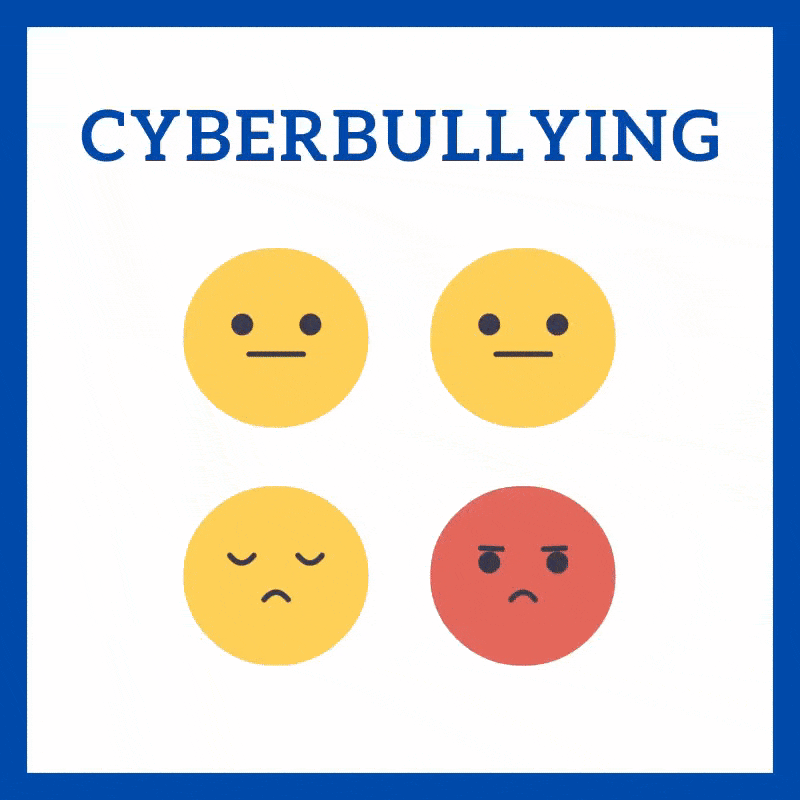
With India’s rate of fake profiles ranging across social media platforms, it has become increasingly easy for sexual predators to target kids and take advantage of unsuspecting minors under the garb of virtual anonymity. The 2019 case of the Telangana teen girl’s attempted rape and murder by a 28-year-old man she met online is how dangerous it is to let children be online without supervision or knowledge of how to make their profiles safe. These cases of cyberpredators using innocent kids for ‘sextortion’ and blackmail has led to numerous cases of children suffering with mental health issues and some have even led to these kids committing suicide. In light of such cases and complaints, Delhi Police also launched a comprehensive crackdown on sexual predators, with the help of tips provided by a US-based NGO, in 2019.
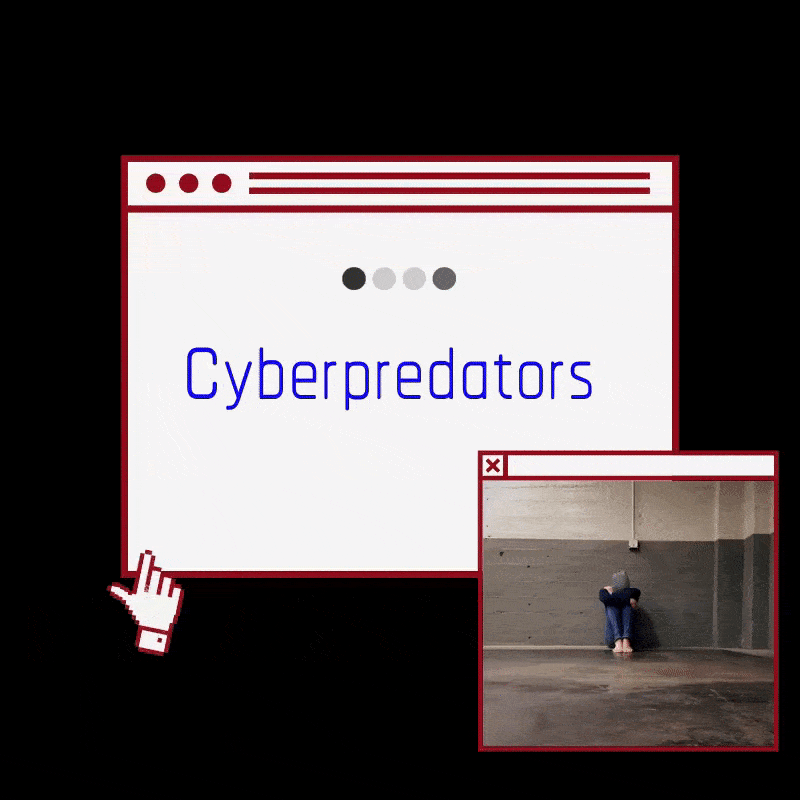
While adults still find themselves struggling with the vast and speedy expansion and development of the online world, our kids have grown up with the internet and the numerous social media platforms. For them, playing video-games, being online, having access to this technology seems ‘natural’ and restricting it can fare badly. Kids feel that they’re ‘missing out’ if they’re not constantly online, especially when they’re use digital devices to shop, play games, research, watch movies and connect with new people across the world.
The people we befriend online now have a larger influence on our psyche and self-development. Children feel compelled to come online and sign-up on all online platforms with the fear of missing out, being included in the gaming circles or chat-rooms to become cooler, or they are easily influenced to join online platforms because their friends are on them. Peer pressure manifests in the following forms:
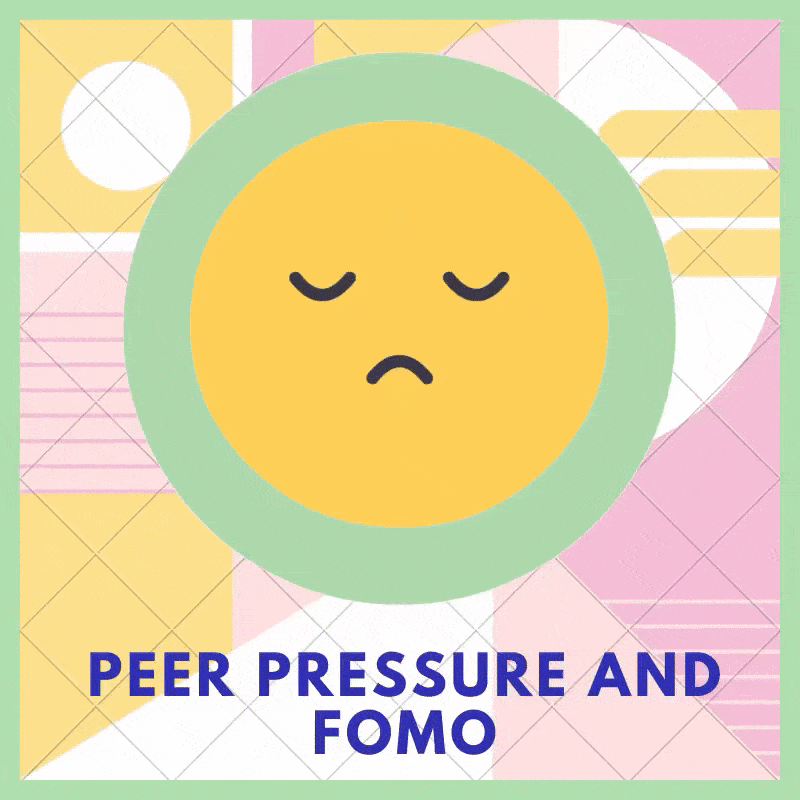
More often than not, a child’s social media is like a diary and an entry into their private life. With ease of access and being only a friend request away, it is possible to steal information and leak it online or blackmail the user with incriminating messages or photos.
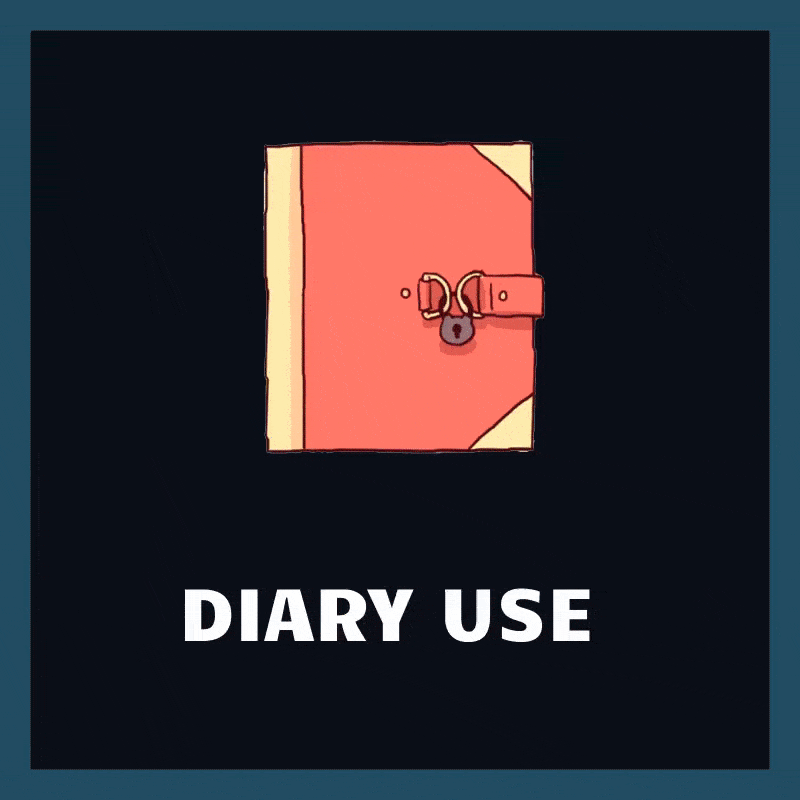
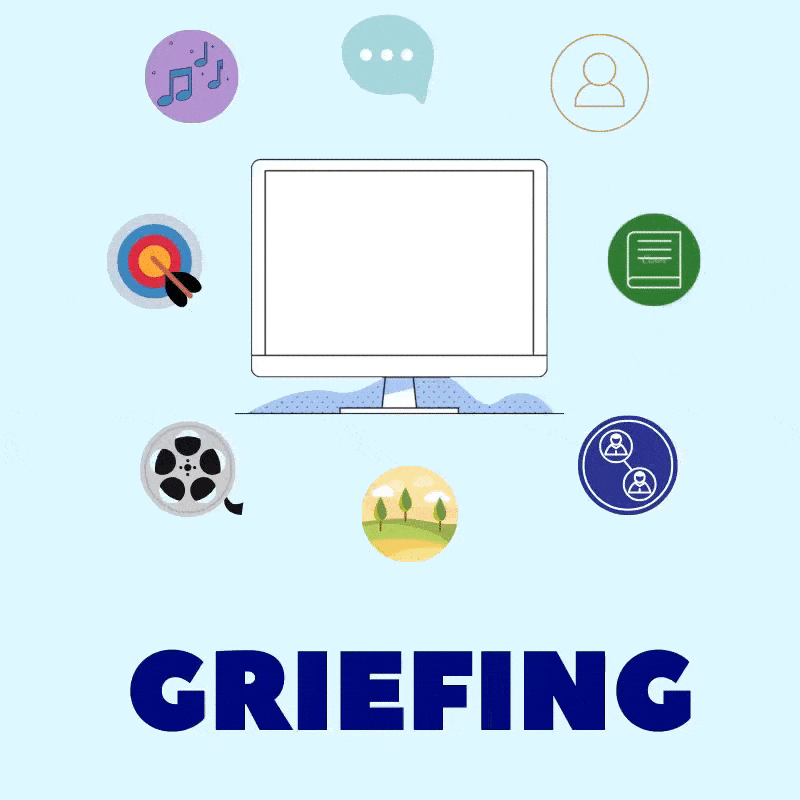
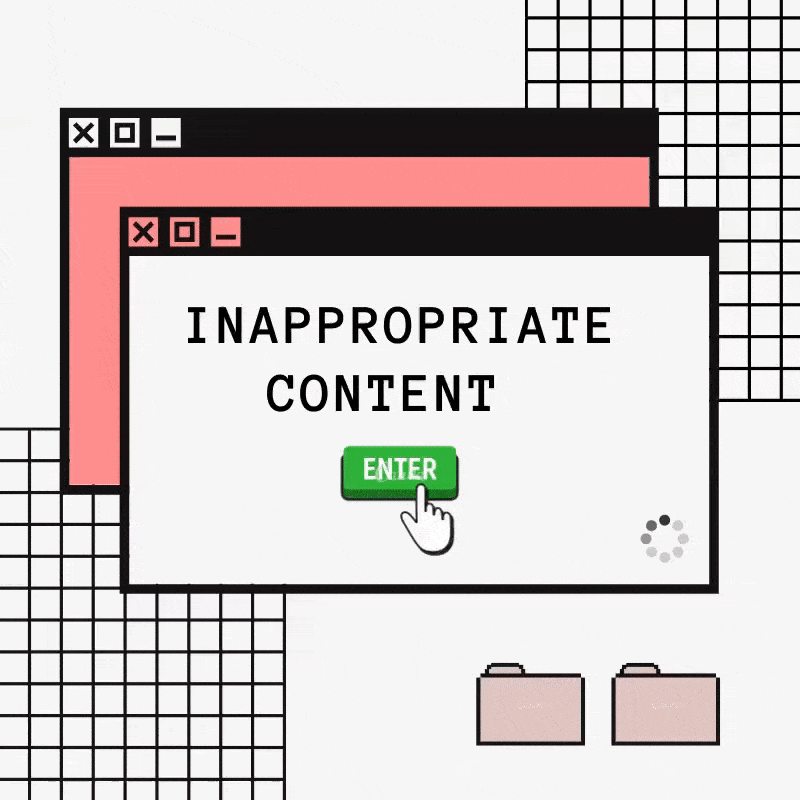
How do you know the person is not right?
What to do if you feel trapped in such a situation?
While you may believe that fake news is an adult issue, children are actually more susceptible to reading and believing things online. With the introduction of meme culture and picture posts, kids see, like and believe things that are not verified and farfetched. For example, with global news about Coronavirus reaching users, memes and fake news about symptoms have also been widespread.

